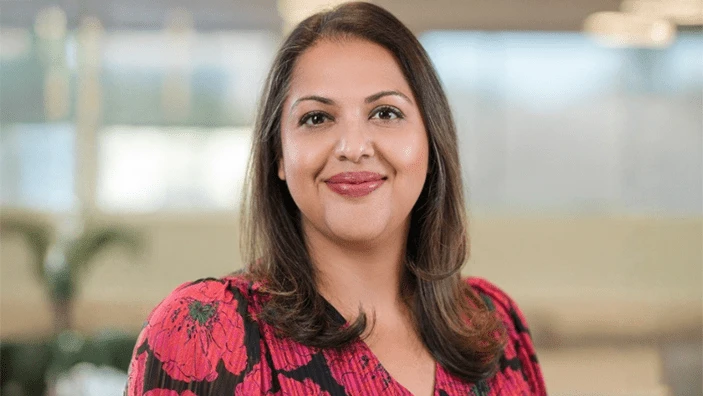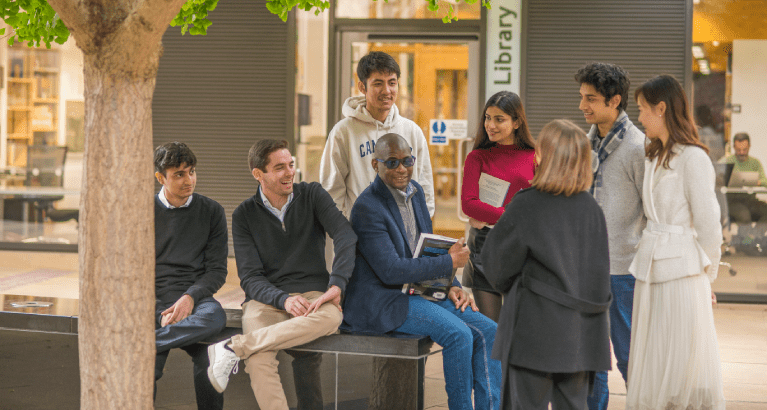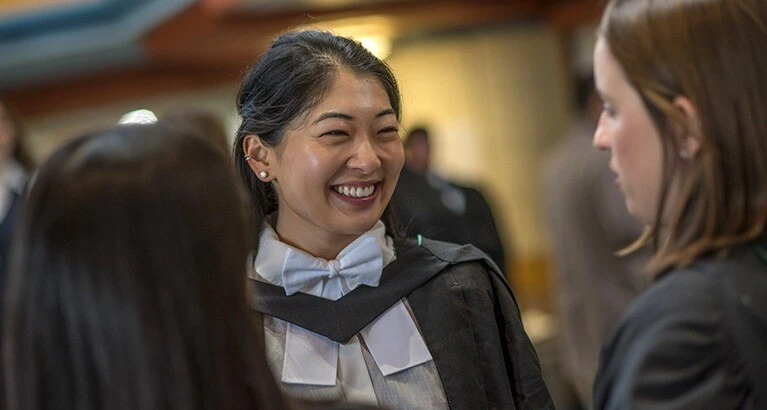US federal workers are navigating a period of significant change. Budget cuts, agency restructuring and economic uncertainty have created challenges across federal roles – Reuters reports 2025 as seeing “the largest single-year exodus of civil servants in nearly 80 years”. [1]
This article highlights how alumni from Cambridge Judge Business School, many with federal government backgrounds, used their international business master’s degrees to build resilience, develop leadership skills, and successfully pivot their careers. Their experiences provide valuable insights for professionals looking to adapt and thrive in uncertain times.
Turbulent times for federal workers
The US federal workforce continues to face significant challenges in 2025 – questions about the future of their careers are at the front of their minds.
The uncertainty is compounded by broader economic pressures, including inflationary concerns, global supply chain disruptions, and the increasing reliance on technology to replace traditional roles. These challenges are not unique to the US; professionals worldwide are navigating volatility in their industries, forcing them to rethink their career paths.
Leadership in crisis: the role of self-reflection
Periods of upheaval often prompt deeper questions about personal values, career goals, and the kind of leader one wants to become. At Cambridge Judge, these reflective discussions are embedded into the curriculum, encouraging students to explore not only their professional aspirations but also their personal motivations.

For Roberto Rosas, a 2022 graduate of the Executive Master of Accounting (EMAcc) and current Director of Global Advocacy at the Institute of Internal Auditors, a class on interpersonal dynamics was a standout element of his programme.
“The module encouraged us to think deeply about our emotions, relationships, and how we interact with others,” Roberto explained. “It wasn’t just about organisational dynamics – it was about understanding ourselves and the impact we have on those around us.”
Roberto also highlighted the ‘philosophical layer’ of Cambridge Judge programmes, which challenges students to think beyond traditional frameworks and consider how business can better serve societal interests.
“It’s not just about following the rules – it’s about questioning them and exploring how they can be improved,” he said.
For US federal workers, this reflective approach can help them navigate the uncertainty of government restructuring and find clarity in their future planning.
Courage and authenticity in leadership
The world our students are entering is complex and often dangerous. We're preparing them to navigate these challenges with integrity and authenticity.
In today’s volatile and divided world, authentic leadership is more important than ever.
Business programmes that emphasise the development of soft skills such as emotional intelligence, empathy and the courage to stand by one’s principles are more essential than ever.

Professor Alan Jagolinzer notes that the Business School is increasingly incorporating discussions about the interplay between business, geopolitics and societal expectations into its curriculum.
“The world our students are entering is complex and often dangerous,” he said. “We’re preparing them to navigate these challenges with integrity and authenticity.”
For Nira Johri (MBA 2012), empathy is the defining characteristic of effective leadership – a quality that develops naturally at Cambridge Judge due to the diversity of the student body and the emphasis on collaboration.
“You come across perspectives that are completely different from your own, and you learn to appreciate them,” she said. “It’s not about compromising your values – it’s about building a path forward together, leveraging those differences to create something better.”
For federal employees navigating complex and often politically charged environments, developing these soft skills is crucial to maintaining integrity and fostering collaboration.
A global perspective: the power of diversity

One of the cornerstones of a Cambridge Judge Business School education is its global and diverse community, which fosters a broad and unique learning environment.
For Jason Delp, a 2017 Executive MBA graduate and Government Policy Management Analyst at the US Department of Defense, the diversity of perspectives he encountered at Cambridge Judge was transformative.
“I met people with vastly different cultural norms, life experiences, and ways of thinking,” Jason explained. “It taught me how to harness the strengths of those differences to enhance team efficiency and problem-solving.”
This sentiment is echoed by Nira Johri, who worked in the US State Department of Defense before her MBA, and credits her Cambridge education with preparing her for the complexities of the global business environment.
Networks that withstand disruption
During times of uncertainty, the strength of your professional network can be a critical asset.
Cambridge Judge alumni emphasise how the Business School fosters connections built on trust, authenticity, and mutual support – qualities that prove invaluable in navigating disruption.
For Jason, living in Cambridge and engaging with the city’s renowned scientific community opened unexpected doors in his career in international relations.
What’s next for federal workers?
For US federal workers facing career uncertainty, Cambridge Judge alumni offer a hopeful perspective. Many have successfully transitioned between public and private sectors, leveraging skills such as communication, negotiation and team-building.
“There’s often a misconception about the gap between the government and business sectors,” Jason said. “But both require strong teams, clear branding, and the ability to scale solutions effectively.”
Alumni from Cambridge Judge Business School emphasise the importance of resilience, adaptability, and authentic leadership in overcoming challenges and embracing change. Their experiences show that the right business education can help professionals not only survive turbulent times, but thrive in them.
References
[1] “US government faces brain drain as 154,000 federal workers exit this week.” Reuters, 30 September 2025






